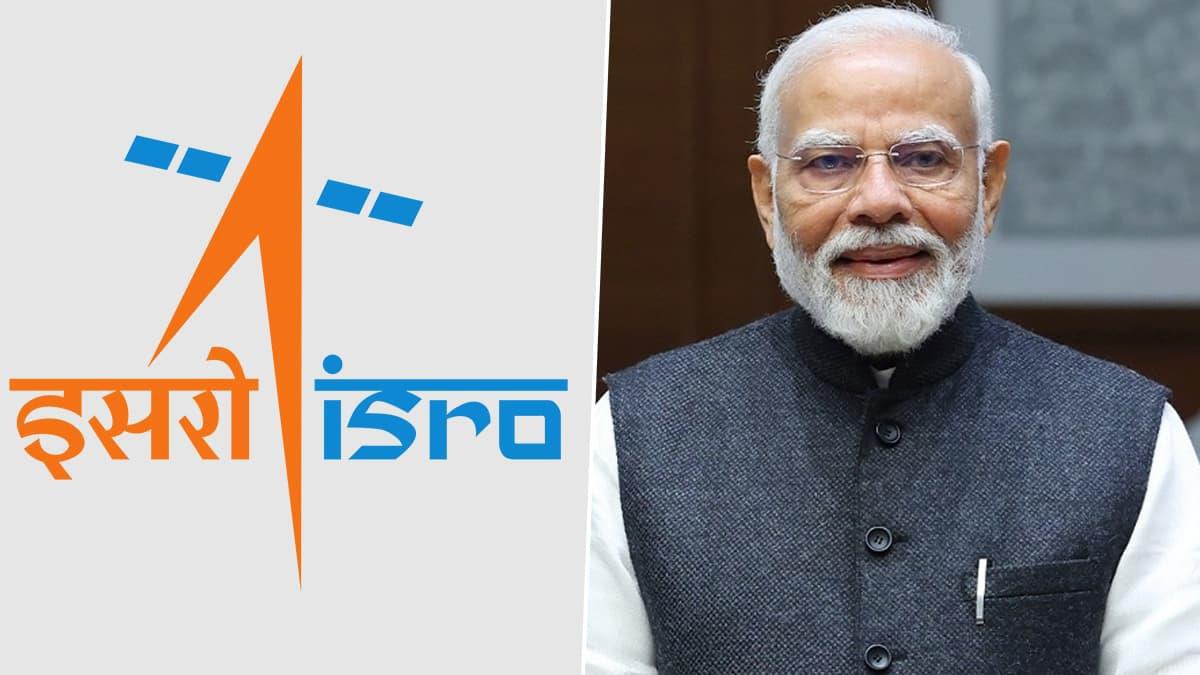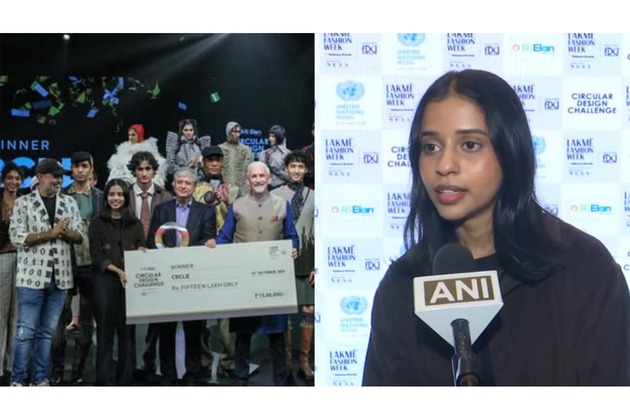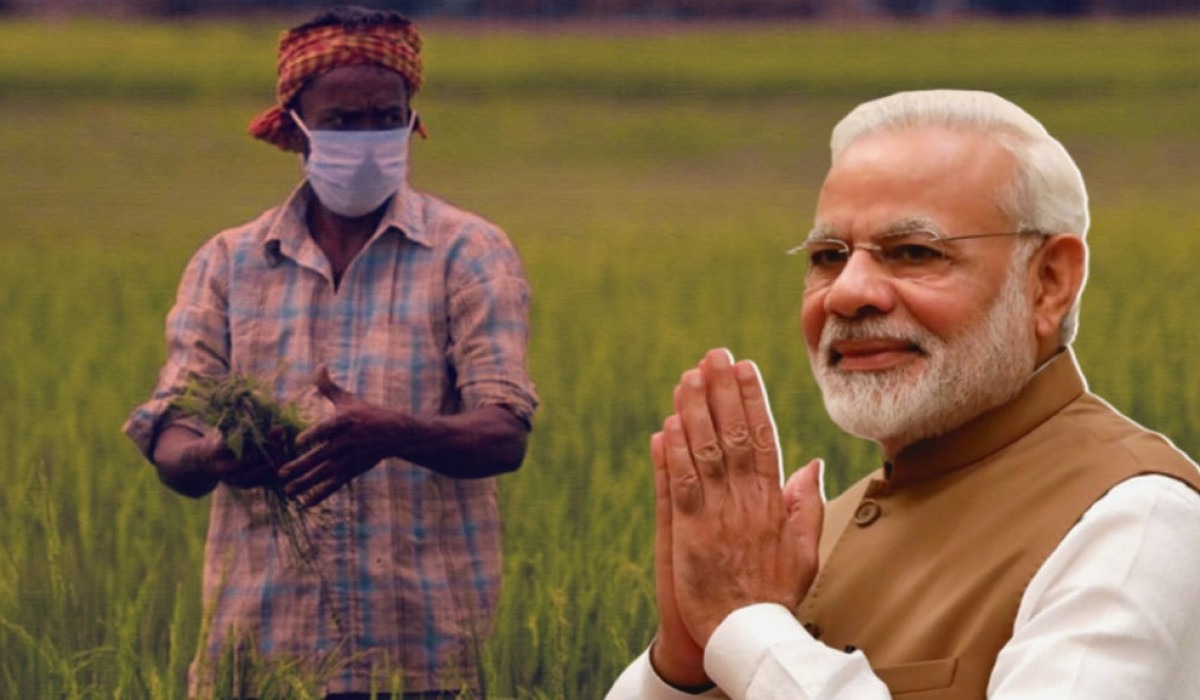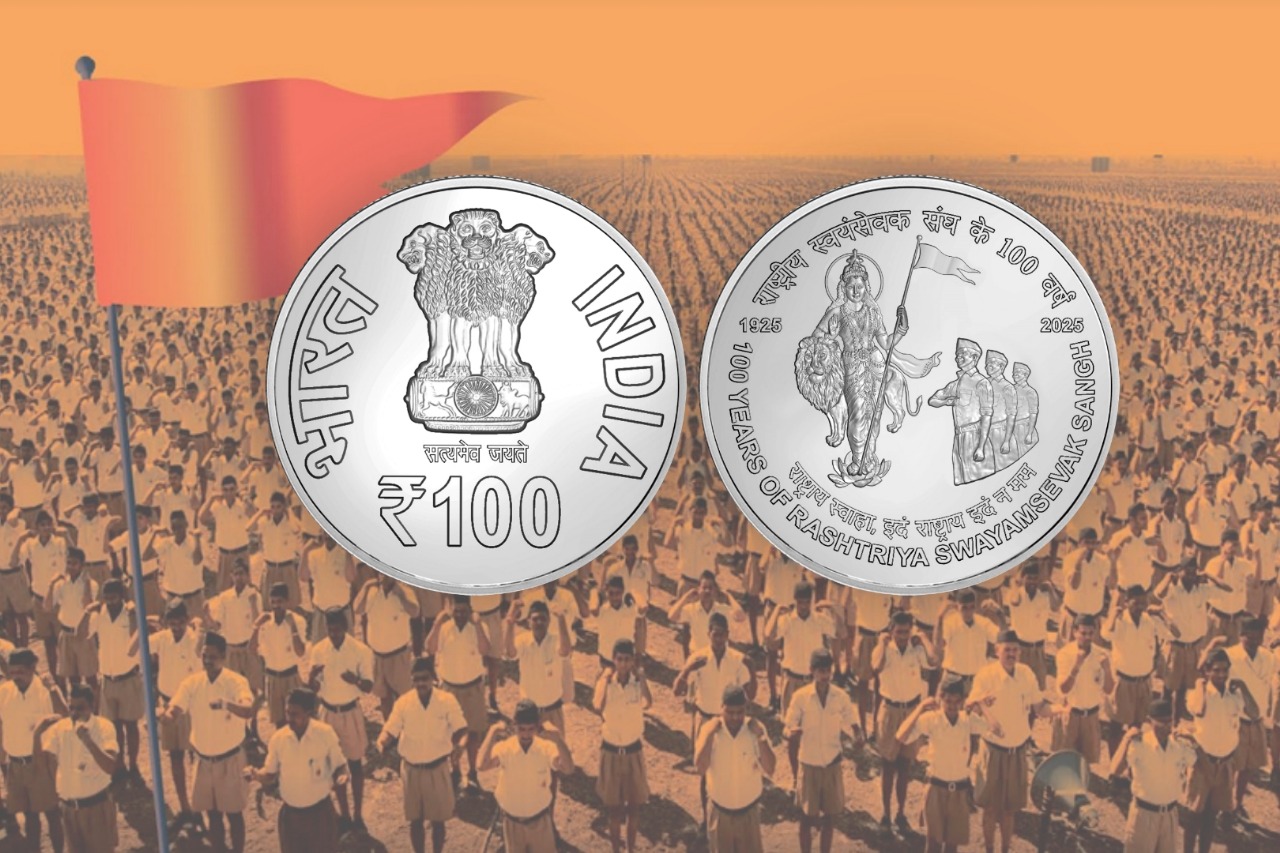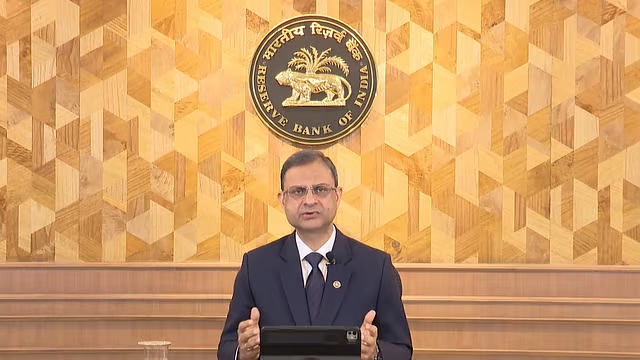On National Space Day 2025, Prime Minister Narendra Modi delivered a compelling address underscoring the transformative role of space technology in reshaping governance and improving the everyday lives of Indian citizens. Speaking from New Delhi, Modi emphasized that space-tech is no longer confined to scientific exploration—it is now a foundational tool for public service delivery, infrastructure planning, and national resilience.
Governance Through Satellites
-
Satellite-based crop insurance assessments are now helping farmers receive timely and accurate compensation, reducing dependency on manual surveys
-
Fishermen along India’s coasts are receiving real-time safety alerts and navigation support via satellite-enabled systems
-
Disaster management agencies are leveraging space data for early warnings, evacuation planning, and post-disaster damage mapping
-
Geospatial intelligence is central to the PM Gati Shakti National Master Plan, enabling coordinated infrastructure development across transport, energy, and logistics sectors
Ease Of Living And Citizen Welfare
-
Modi highlighted that space-tech is directly contributing to the ease of living by streamlining services and reducing inefficiencies in public schemes
-
Satellite imagery is being used to monitor urban expansion, water bodies, and forest cover, aiding environmental governance and urban planning
-
Remote sensing tools are supporting education and healthcare outreach in remote areas, especially through telemedicine and virtual classrooms
Private Sector And Startup Push
-
The Prime Minister challenged India’s space startups to create five unicorns in the next five years, signaling strong government backing for innovation
-
He urged the private sector to scale up launch capabilities, aiming for 50 rocket launches annually compared to the current five to six
-
Over 350 homegrown space-tech startups have emerged, attracting more than Rs 4,500 crore in funding and driving India’s NewSpace revolution
Global Recognition And Youth Engagement
-
Modi celebrated India’s hosting of the International Olympiad on Astronomy and Astrophysics, with over 300 participants from 60 countries
-
Indian students won multiple medals, reflecting the country’s growing leadership in space education and research
-
Initiatives like the Indian Space Hackathon and Robotics Challenge are nurturing curiosity and technical skills among young innovators
Future Missions And Strategic Vision
-
Modi reiterated India’s commitment to deep space exploration, including the upcoming Chandrayaan-4 and Venus Orbiter missions
-
He confirmed that the Bharatiya Antariksh Station will be operational by 2035, with the first module launching in 2028
-
India has already achieved docking and undocking capabilities in space, joining an elite group of nations with advanced orbital maneuvering systems
Leadership And Legacy
-
ISRO Chairman V Narayanan credited Modi’s vision for the success of Chandrayaan-3 and the declaration of August 23 as National Space Day
-
Modi recalled his emotional meeting with Group Captain Shubhanshu Shukla, who recently unfurled the Indian flag aboard the International Space Station
-
The Prime Minister described India’s space journey as a continuum—from Aryabhata to Gaganyaan—where ancient wisdom meets infinite possibilities
Conclusion
Prime Minister Modi’s National Space Day address marks a pivotal moment in India’s space narrative, where satellite technology is not just about rockets and planetary missions but about empowering citizens, strengthening governance, and inspiring innovation. As India prepares to scale new cosmic heights, space-tech is firmly rooted in the soil of public service and national development.
Sources: Voice&Data, Economic Times Telecom, WebIndia123, The Hindu Business Line, MSN India.

